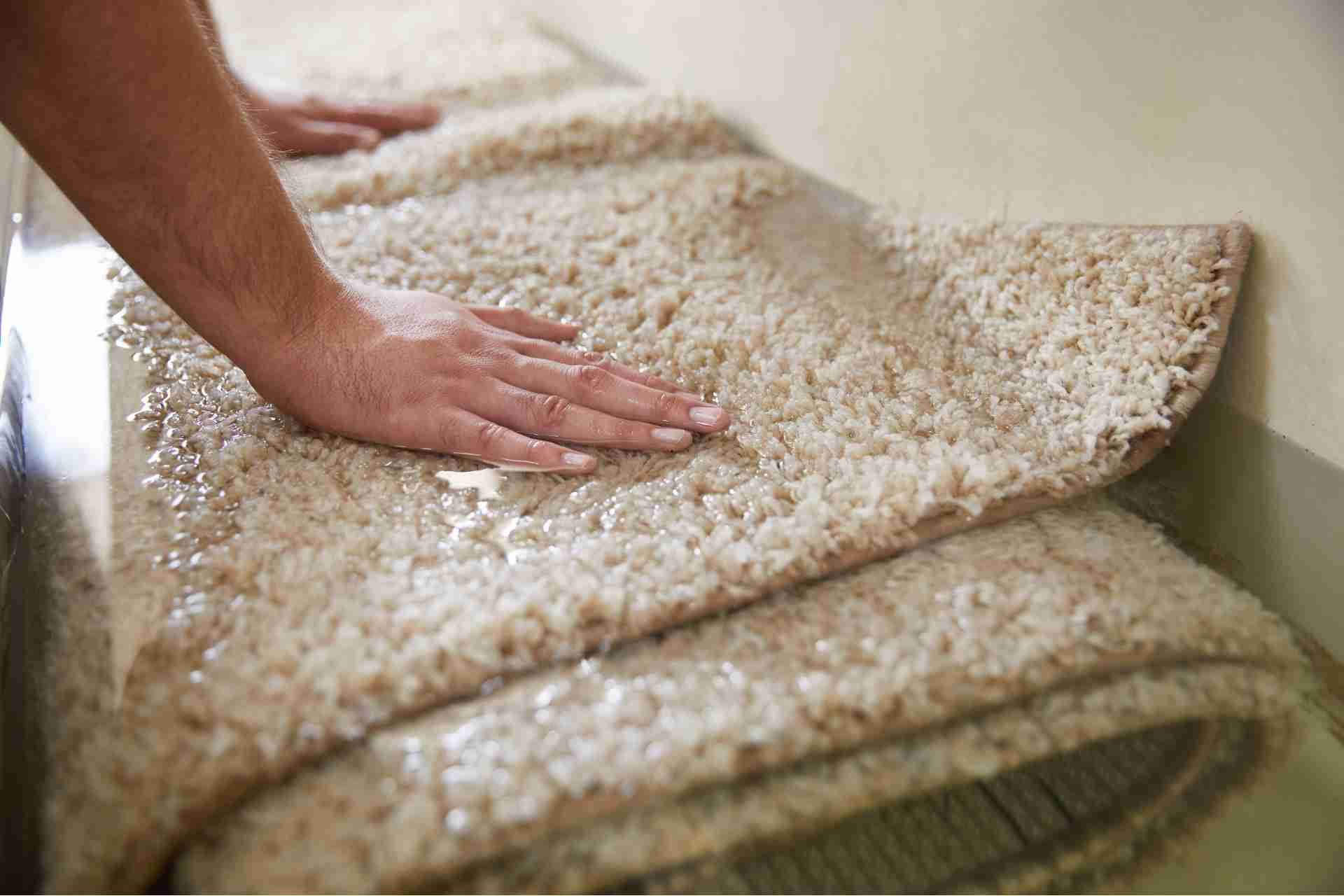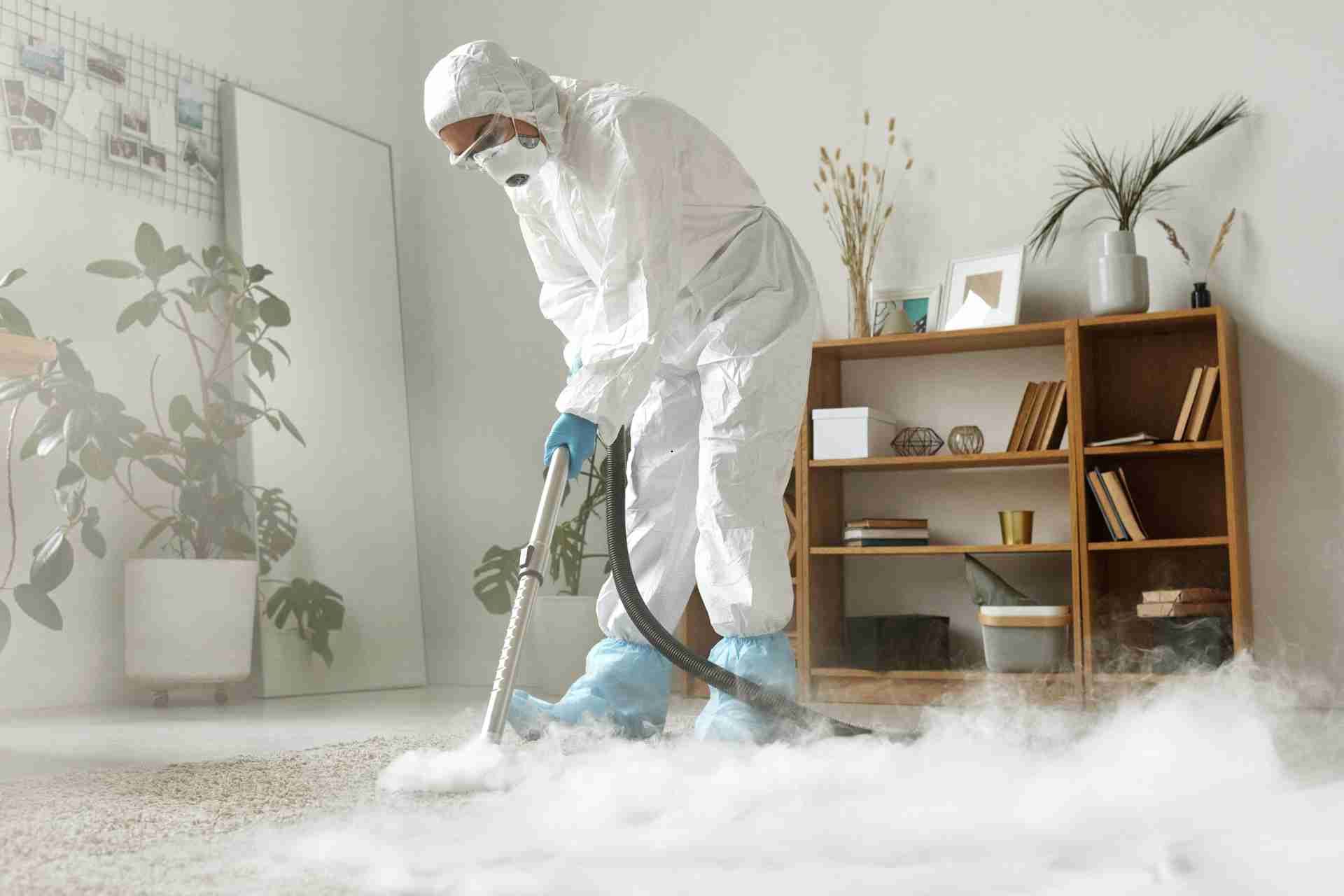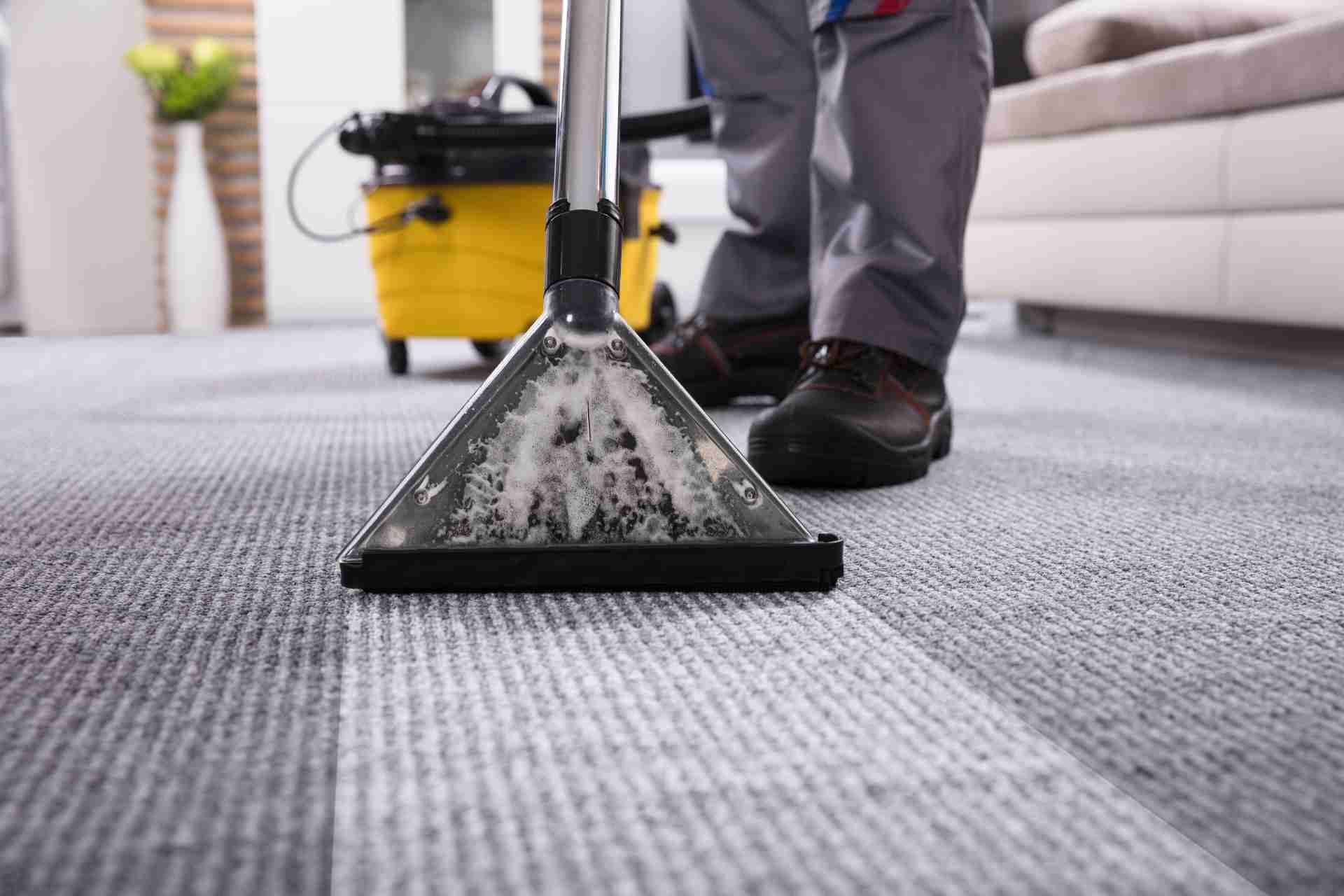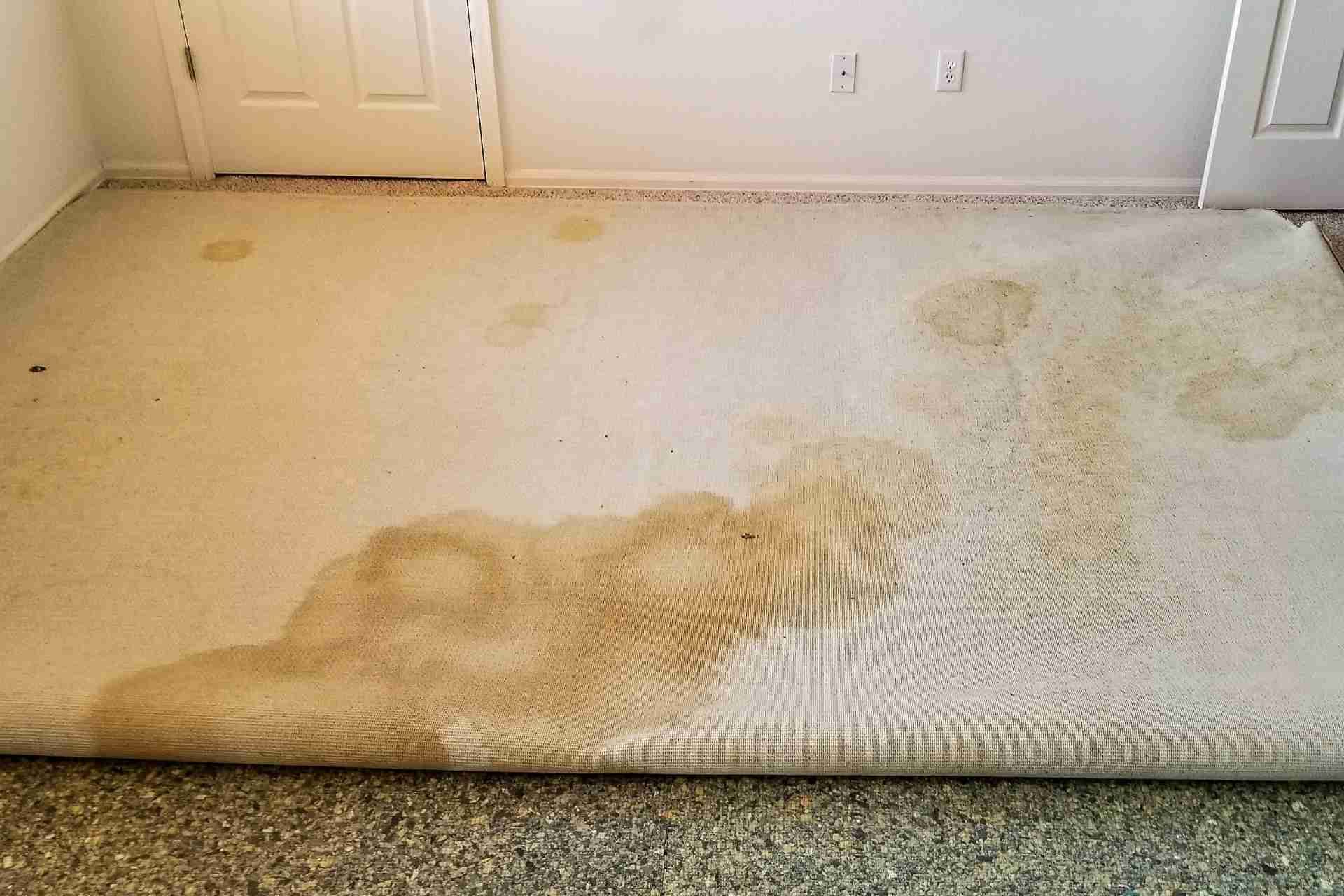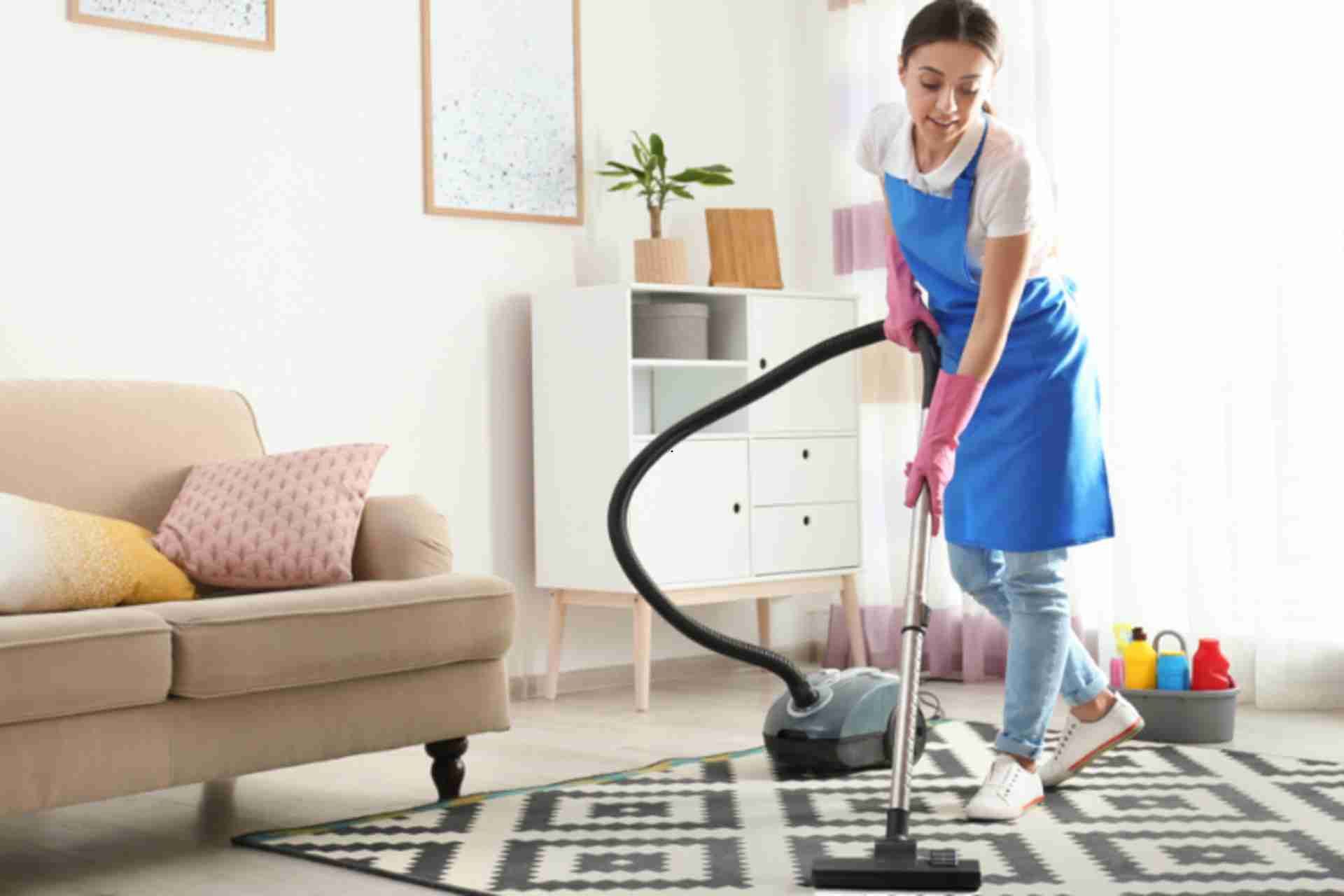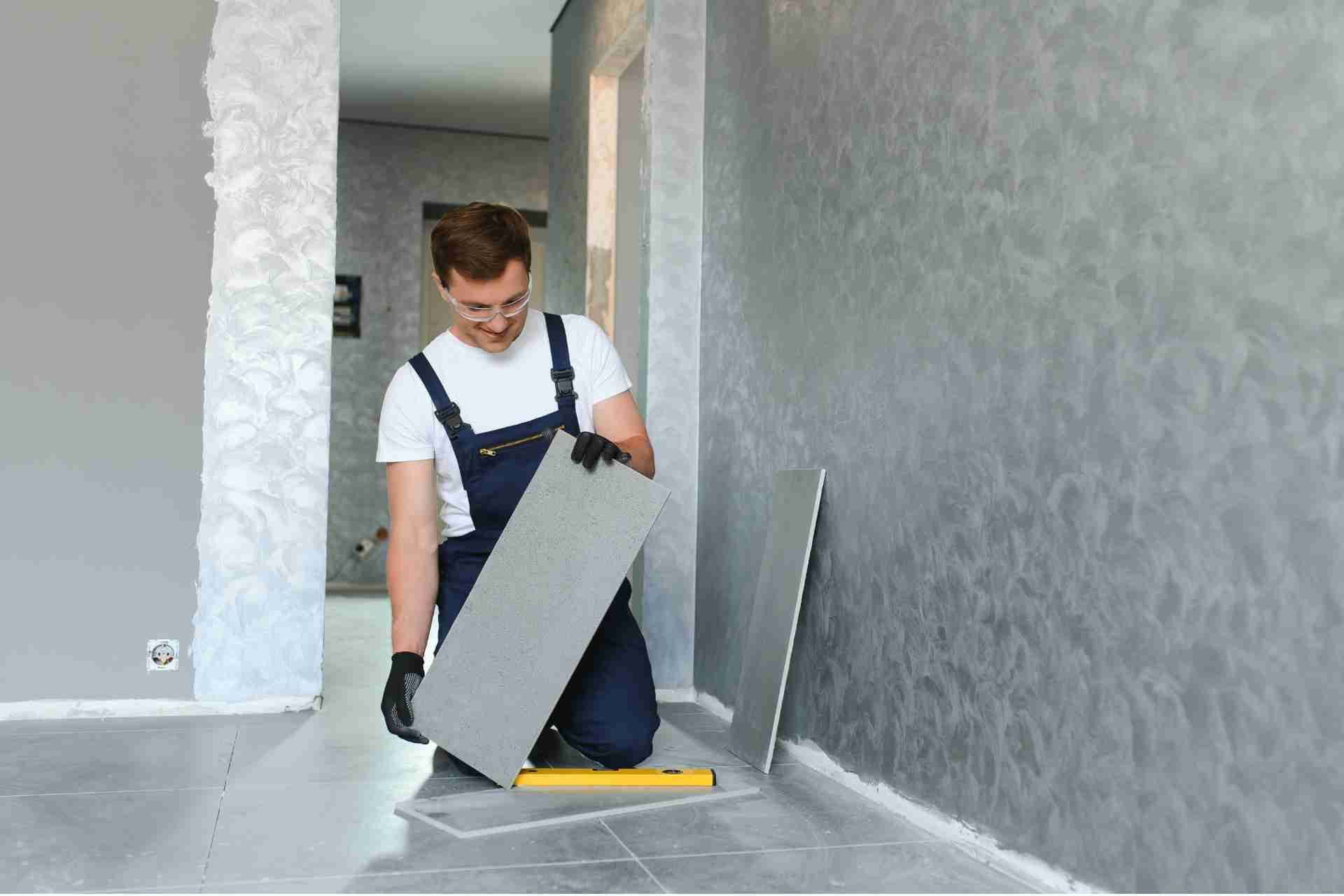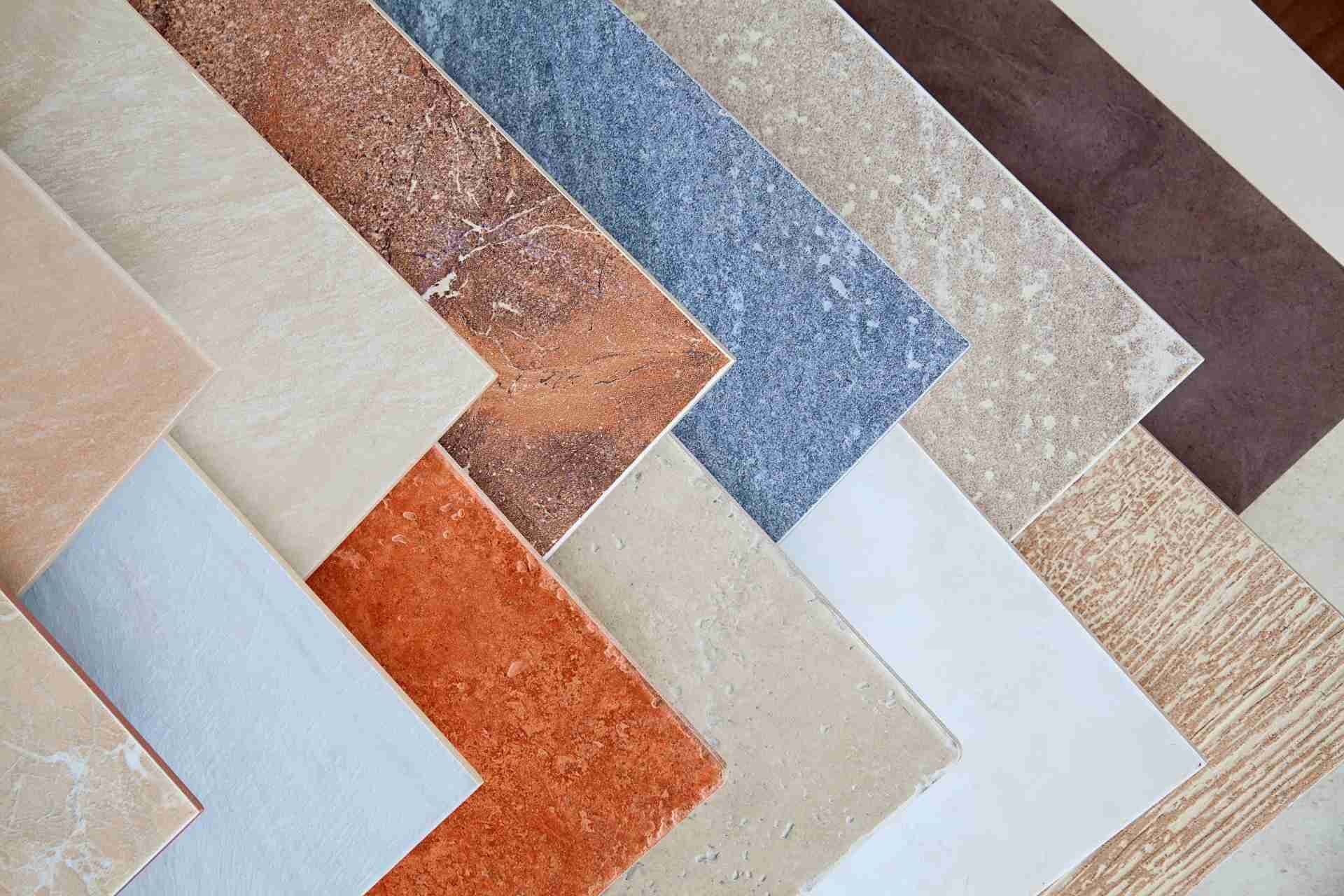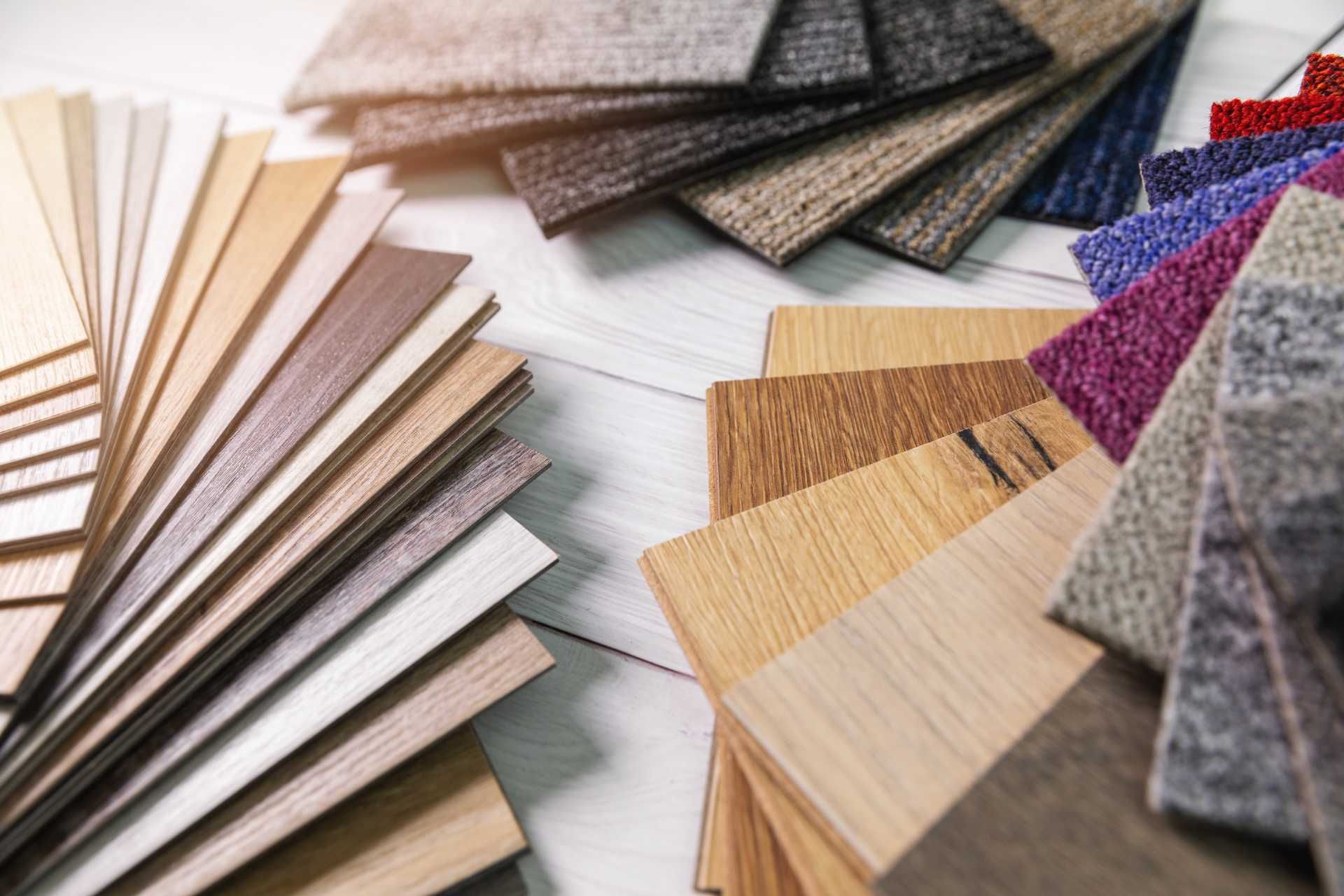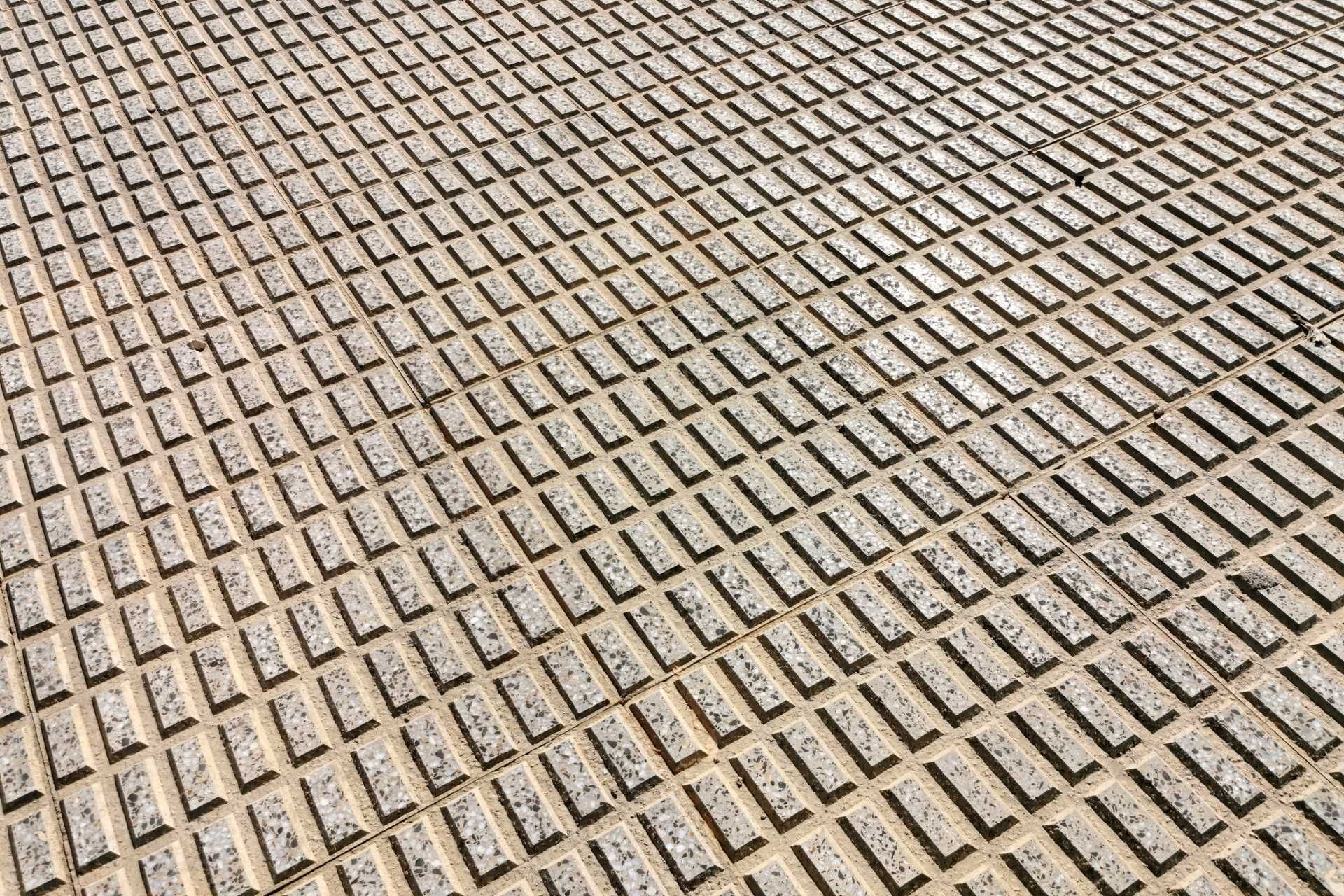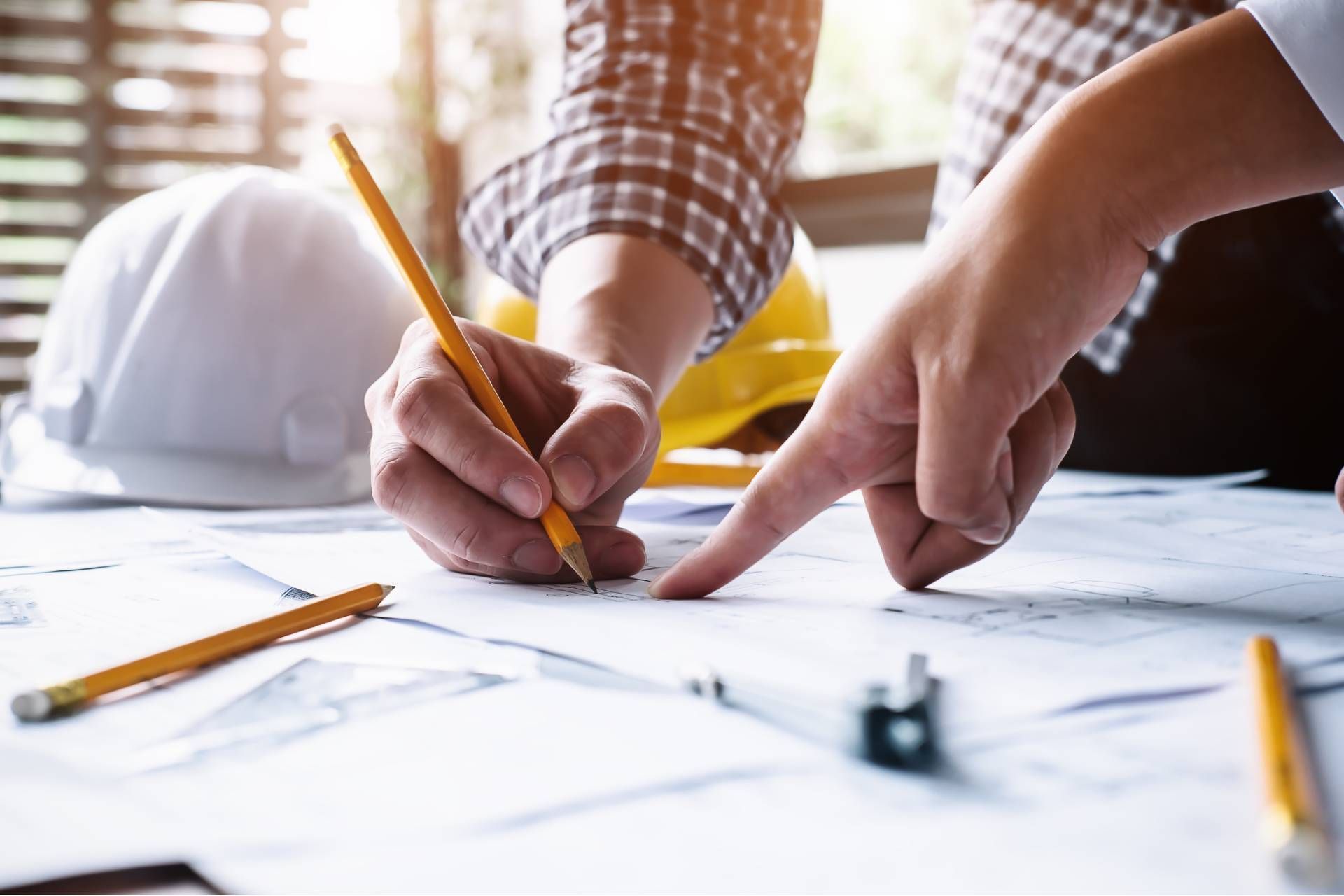Luxury Vinyl Plank Flooring vs. Hardwood Flooring: Making an Informed Choice for Your Home
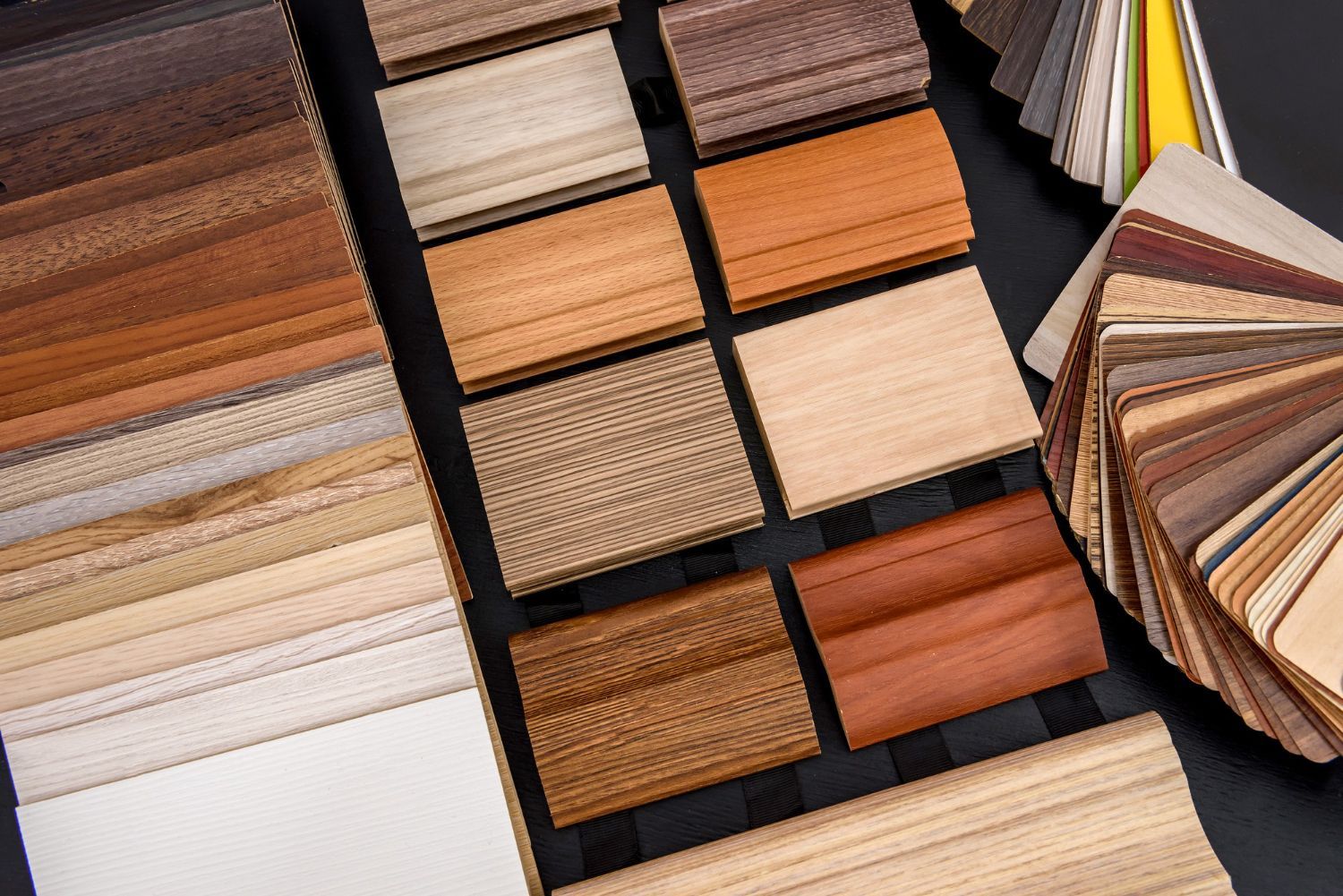
Introduction
When it comes to selecting the perfect flooring for your home, you have a myriad of options to choose from. Among the top contenders are luxury vinyl plank (LVP) flooring and hardwood flooring. Both offer their unique benefits and aesthetic appeal, making the decision-making process quite challenging. In this comprehensive comparison, we'll delve into the key aspects of LVP flooring and hardwood flooring, empowering you to make an informed choice for your home.
Material and Construction
Appearance and Aesthetic Appeal
Durability and Maintenance
Installation and Cost
Environmental Considerations
Conclusion
Choosing between LVP flooring and hardwood flooring ultimately depends on your priorities, lifestyle, and budget. LVP flooring offers a cost-effective and versatile option, with its ability to mimic the look of hardwood convincingly and its durability and low maintenance requirements. On the other hand, hardwood flooring exudes a timeless beauty, natural warmth, and the ability to be sanded and refinished multiple times, making it a long-term investment.
Consider factors such as the desired aesthetic, durability, maintenance, installation requirements, and environmental impact when making your decision. It may be helpful to consult with flooring professionals or visit showrooms to see and feel the different options firsthand. Ultimately, selecting the right flooring for your home involves finding the perfect balance between your preferences, lifestyle, and budget, ensuring that your choice brings both satisfaction and functionality for years to come.

